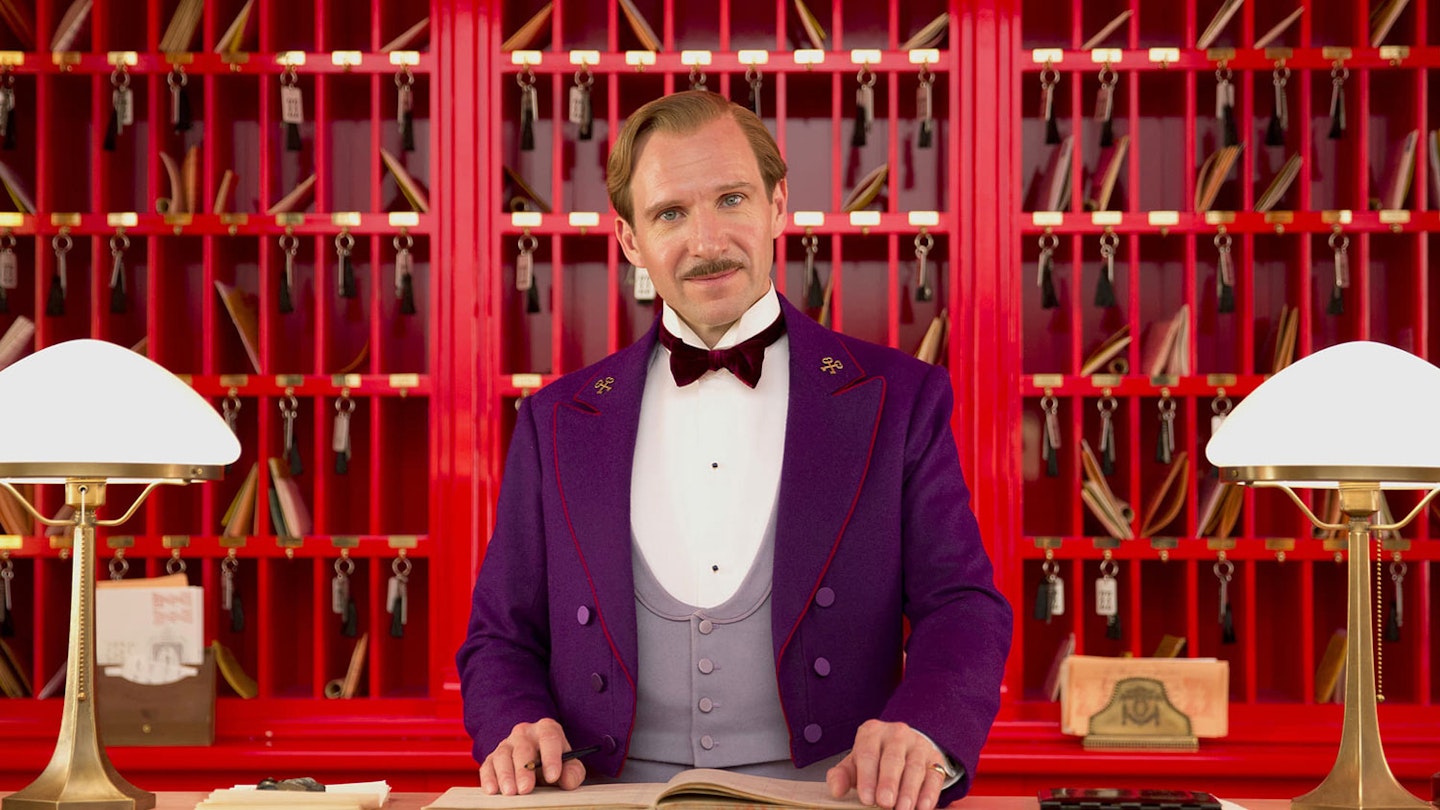We’re barrelling towards the final third of Empire’s list of the greatest movies of the 21st Century, and there are more stellar cinematic achievements to add to the list. Celebrating the best and most beloved films to have been released in the last two decades, the list has been compiled by combining rankings submitted by Empire critics with those set in by readers, resulting in a definitive rundown of the 100 greatest 21st Century movies, from audiences and Empire writers alike.
You can already read numbers 100 – 91, 90 – 81, 80 – 71, 70 – 61, 60 – 51, and 50 – 41 on the list – and below you’ll find the next ten movies to have found their way into the top 100. Stay tuned to Empire Online as we unveil more of the full list in the coming days, and look out for more information coming soon about Empire’s upcoming 100 Greatest Movies Of The Century magazine issue and podcast special.
40. Up (2009)
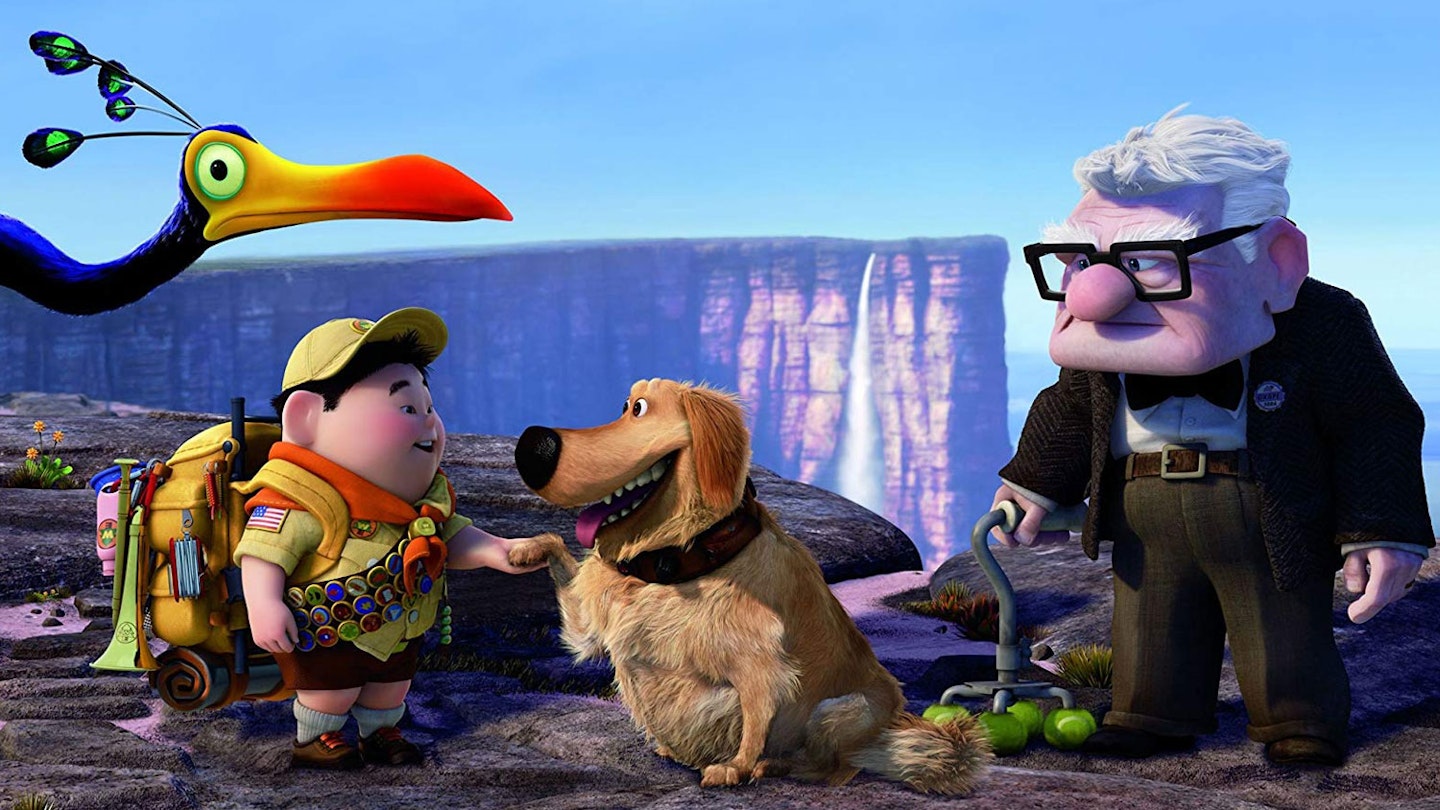
The opening 10 minutes of Pixar’s Up are so utterly, heartbreakingly human that it’s easy to forget the multicoloured madness to come – a far-out fantasy adventure that takes in talking canines, a big bug-eyed bird called Kevin, and bi-plane dogfights. On the opposite end of the scale, you have the montage that unfurls the shared lives of Carl and Ellie – a couple who meet as kids, grow up together, get married, face miscarriage, infertility, and terminal illness, never finding the time or money for the Paradise Falls expedition they long dreamed of. It’s this mix of the serious and the surreal that makes Up such a marvel, proving yet again the power of Pixar in both imagination and emotion, incorporating grief, ageing, memory and the importance of letting go into a film where helium balloons carry a house over to South America. If the first sequence gets all the attention, the real kicker comes later – as Carl realises Ellie has filled out their ‘adventure book’ with photos of their life together. An ode to the everyday adventures that make up a lifetime.
39. Joker (2019)
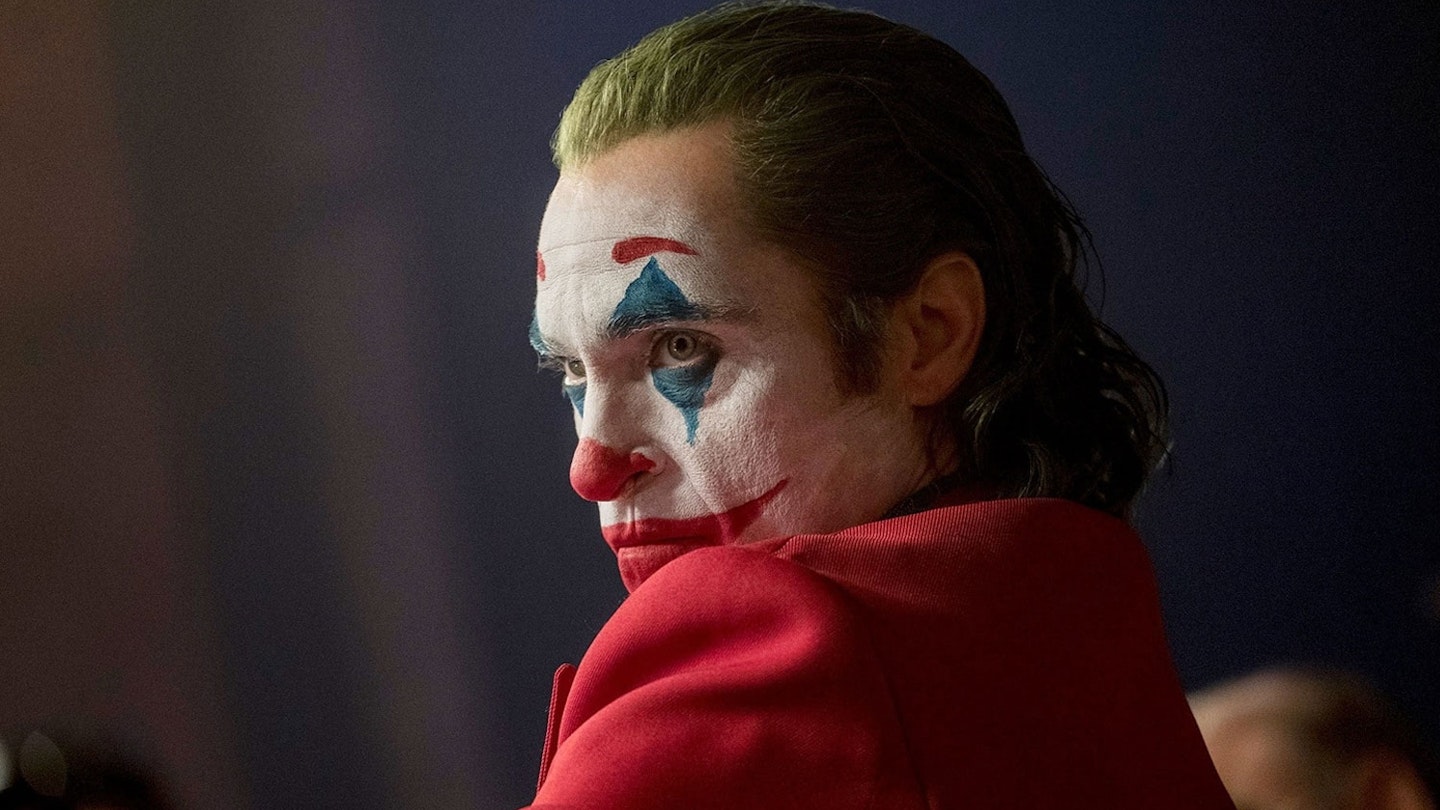
Todd Phillips’ origin story for Gotham’s Clown Prince Of Crime is a paradox. A comic book movie that isn’t really based on any particular comic. An art movie from the director of the Hangover trilogy that divided the art-movie crowd. A nihilistic spectacle that earned the most Oscar nominations of the year. Appropriately, it’s as hard to pin down as the Joker himself. Delighting and dismaying audiences in droves, Joker borrows liberally from established Troubled White Man narratives to deliver a supervillain movie that owes more to Martin Scorsese’s Taxi Driver and The King Of Comedy than it does even to Christopher Nolan’s Dark Knight trilogy. Phoenix is revelatory as the pathetic, pitiable Arthur Fleck, whose growing disaffection and delusions of grandeur spiral into real-life villainy – an exercise in psychological horror that’s justifiably uneasy to watch. Post-Logan, it represented another mature evolution for the comic book movie – and proved that DC adaptations could thrive outside the Marvel-style universe structure.
38. The Grand Budapest Hotel (2014)
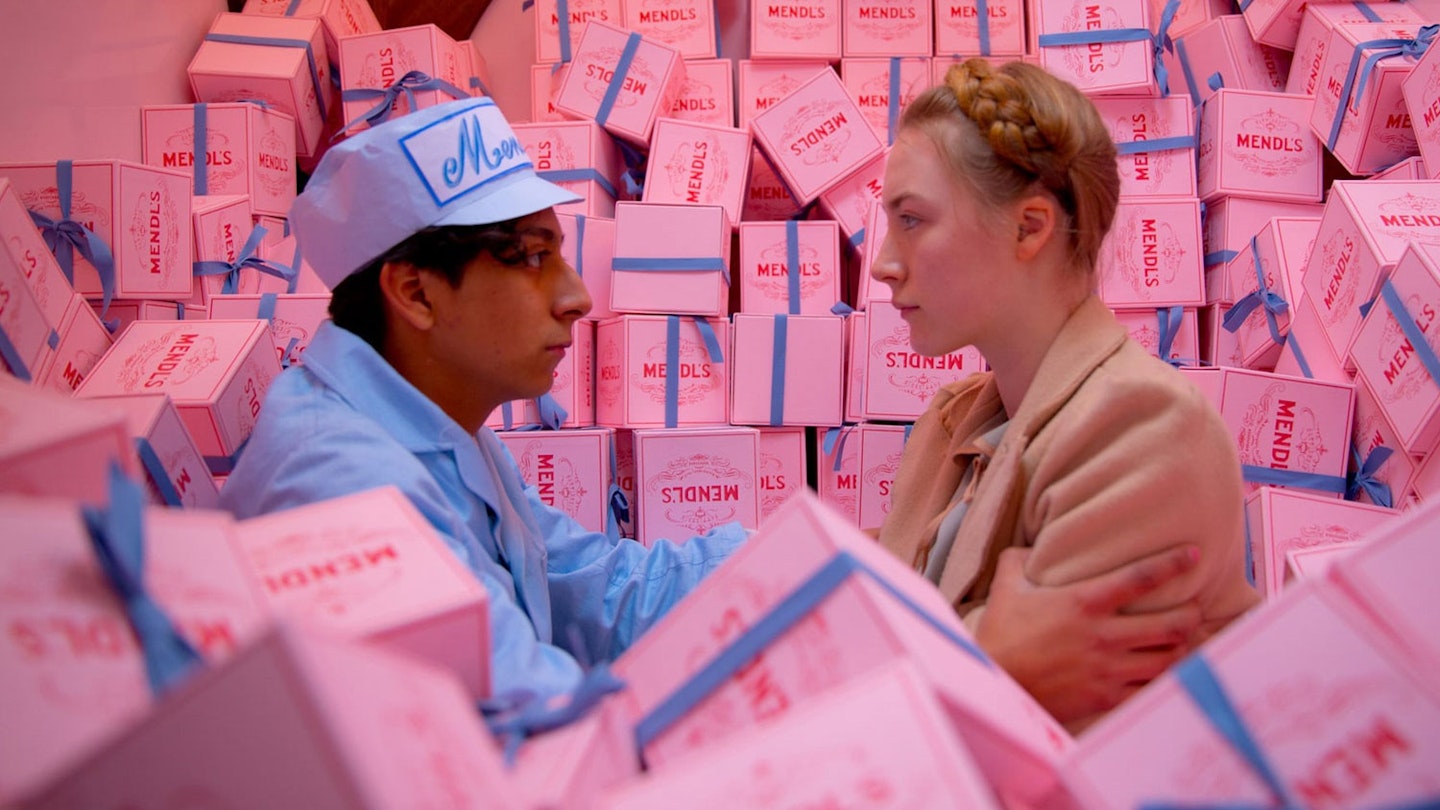
Wes Anderson’s films have always been beautiful – but The Grand Budapest Hotel, as well as being perhaps his most gorgeous movie, is about the appreciation of beauty in a world becoming increasingly ugly. Ralph Fiennes’ foppish womaniser Gustave H lives surrounded by affected splendour, but as the rising forces of fascism increasingly impinge on the lush surroundings of the Grand Budapest, his appreciation of luxury feels increasingly politicised. The film’s meticulous construction is Anderson at the peak of his live-action craft, his growing troupe of regular actors becoming increasingly preposterous (Jeff Goldblum! Tilda Swinton! Saoirse Ronan!), his whimsical screenwriting more layered and nuanced. A story within a story within a story, told in layers of artifice with a different aspect ratio for each, it’s grand and delicate in equal measure.
37. Donnie Darko (2001)
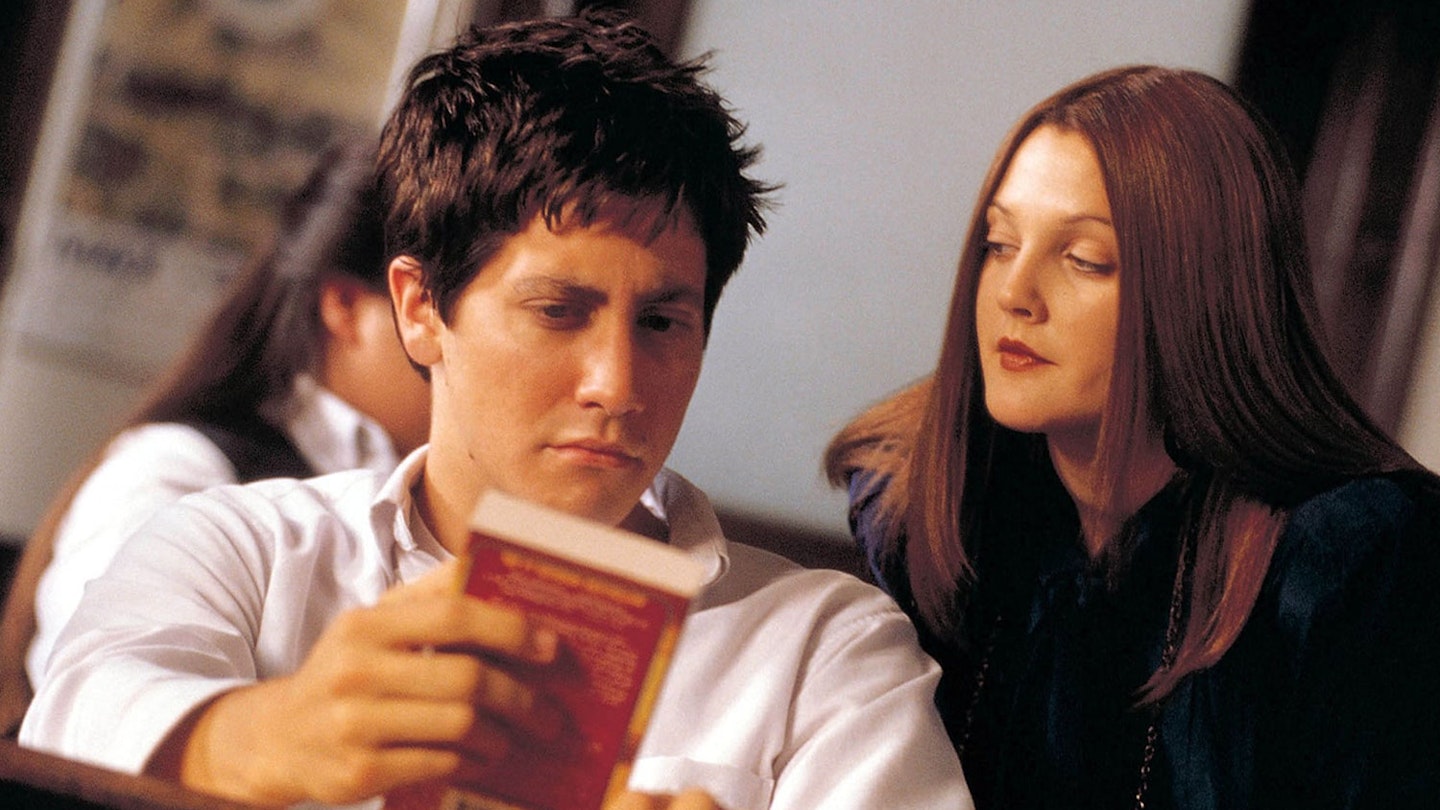
Taking in time travel, tangent universes and sinister rabbits by way of a high school drama, Richard Kelly’s brilliantly opaque Donnie Darko was a nailed-on cult classic from the moment of its release. As is usually the way of these things, it did practically nothing on its initial unveiling but picked up a phenomenal following later on DVD, winning Jake Gyllenhaal a career and making extraordinary against-type use of Patrick Swayze. Kelly assembled an unnecessary director’s cut in 2004, but both versions are, at core, a peculiarly bleak inversion of It’s A Wonderful Life, with Donnie experiencing how the world is worse off if he survives the jet engine that mysteriously crashes on his bedroom. The fact that the film’s conclusion manages to seem transcendently optimistic rather than a massive downer is part of its twisted genius. We find it kinda funny, we find it kinda sad.
36. Lady Bird (2017)
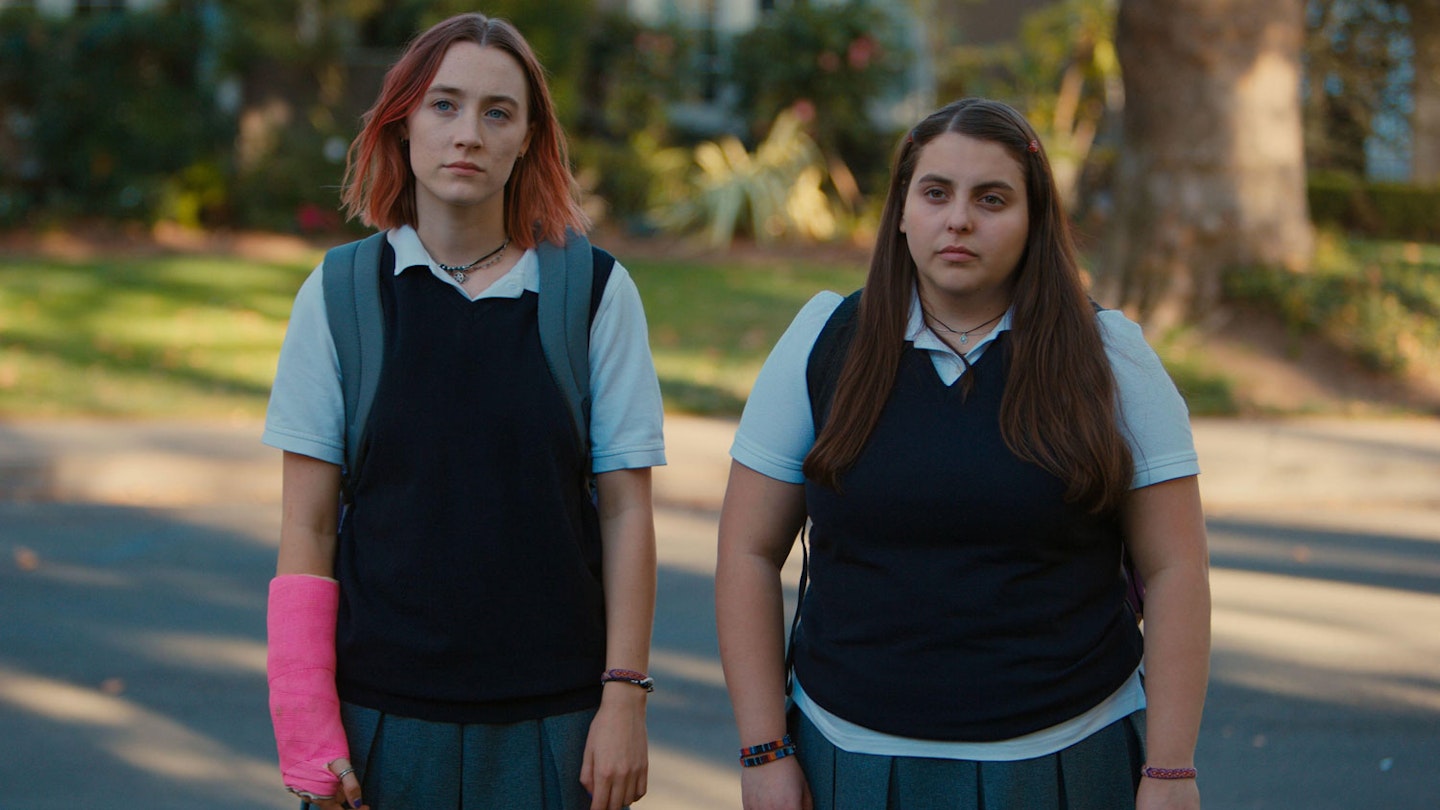
Already an indie icon thanks to her writer-actor collaborations with Noah Baumbach and roles in films by the Duplass Brothers, Whit Stillman, Mike Mills and more, Greta Gerwig’s feature debut as sole writer-director exceeded all lofty expectations. Mining her own teenage emotions for material, Gerwig’s coming-of-age tale of Christine “Lady Bird” McPherson is warm and deeply empathetic, spinning a complex and believably fractious mother-daughter relationship. Laurie Metcalf is excellent as Lady Bird’s exasperated mum, selling the love that underpins their constant clashes and miscommunications, while Beanie Feldstein brings big laughs as best friend Julie. But this is Saoirse Ronan’s movie – her Lady Bird is precocious, narcissistic, occasionally irritating, and totally loveable. Gerwig’s love letter to her youth, her mother and her hometown has her surrogate character desperate to escape all of those things – adding a bittersweet, melancholy edge to a largely funny and heartfelt film. Lady Bird has everything that makes coming-of-age films so engaging, told by a vital new voice.
35. Arrival (2016)
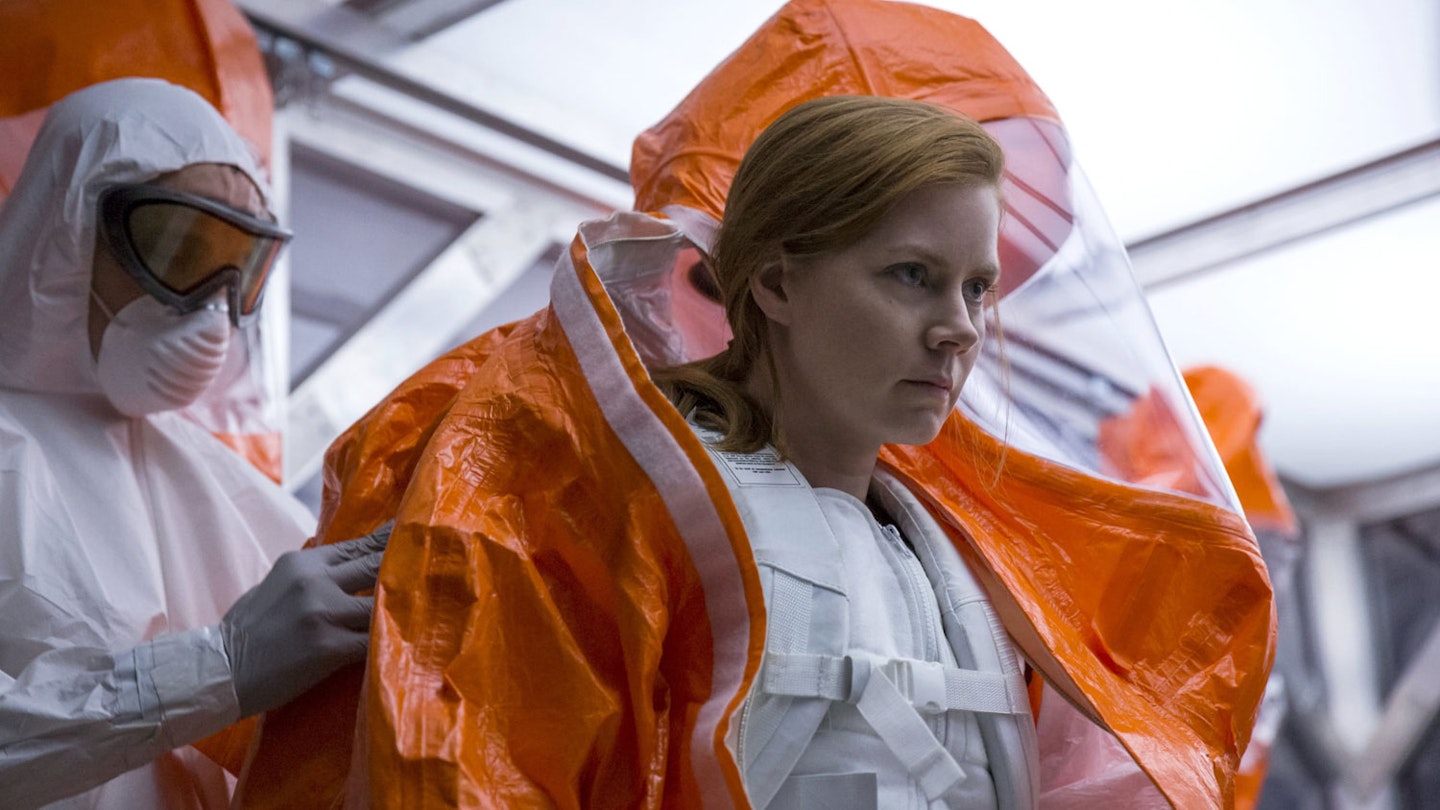
Science fiction movies are so often the cinema of ideas that they tend to come off as cold and cerebral. Arrival is hugely intelligent filmmaking, but it’s the rare sci-fi of emotion, one whose alien encounter adds up to an intimate personal story. Released shortly before the Trump presidency began, it’s a film about the beauty and necessity of communication, the need to strive for a greater understanding with ‘others’ – especially those who we don’t instinctually connect with. Denis Villeneuve’s film is exceptional in many ways – not only its cyclical storytelling, but that it’s a rare space-invader film where the invasion is non-confrontational, one that conjures extra-terrestrial imagery that feels legitimately unfamiliar and uncanny. And then there’s Amy Adams, utterly heartbreaking as the grieving mother whose role as a linguist might offer the emotional salvation and perspective that she needs to continue with her life. How the Academy missed her, we’ll never understand.
34. Zodiac (2007)
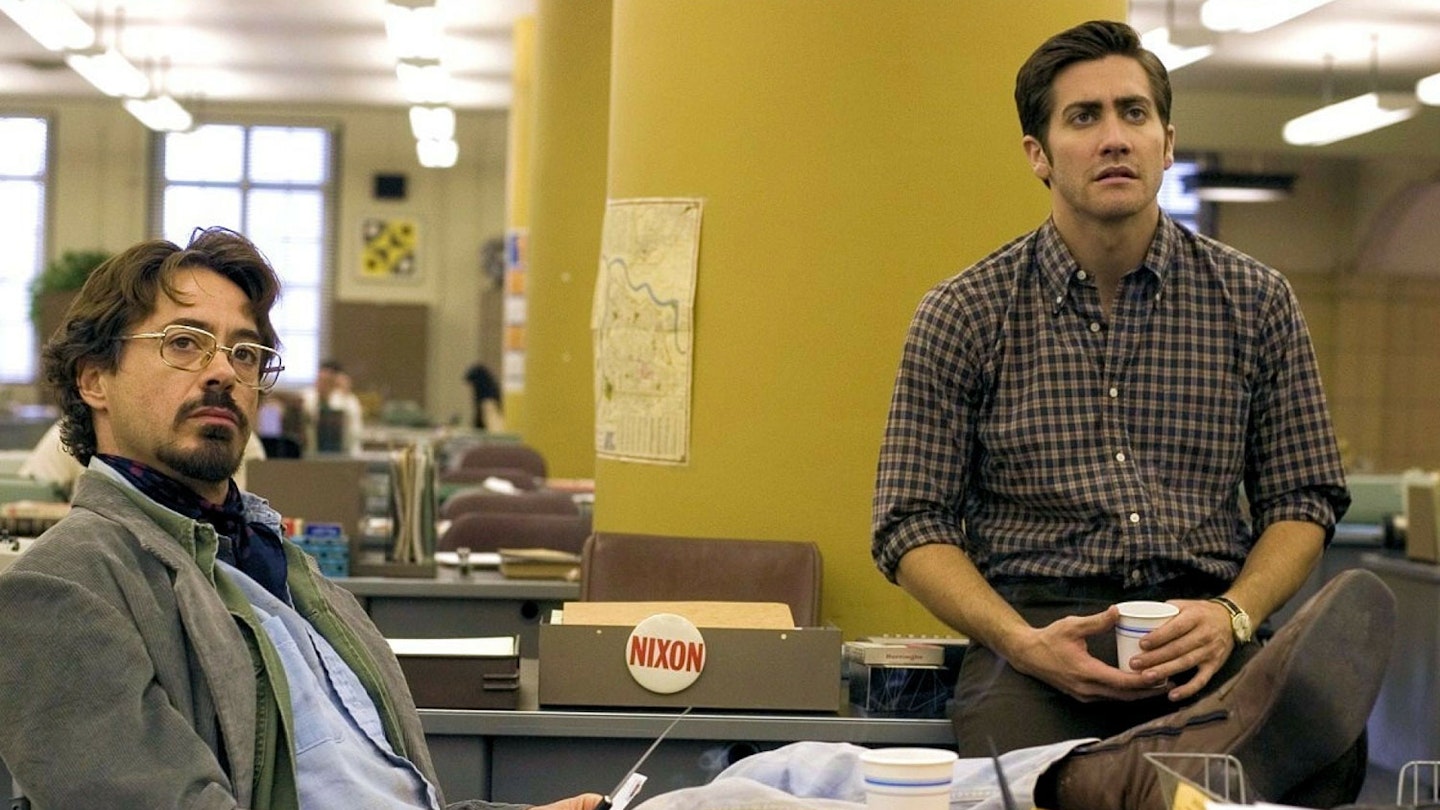
Having delivered one of the all-time-great serial killer movies in Se7en, David Fincher did it again with a real-life case – the Zodiac Killer, who struck across San Francisco for a decade-plus and was never caught. Fincher’s approach can be summed up in the film’s stellar tagline: ‘There’s more than one way to lose your life to a killer’. Jake Gyllenhaal, Robert Downey Jr. and Mark Ruffalo are the cartoonist, reporter, and detective, respectively, who are swept up in the attempt to decode the cryptic letters sent by the press-goading culprit, the former’s increasing obsession and dedication to solving the case unravelling his life while answers lie just out of reach. Fincher’s chilly filmmaking is a perfect match for the chilling case – and the killings, sometimes playing out in broad daylight, are nightmarishly portrayed. Zodiac preceded the true-crime boom by several years, a hugely satisfying watch despite its story’s inherent, galling lack of closure.
33. Wonder Woman (2017)
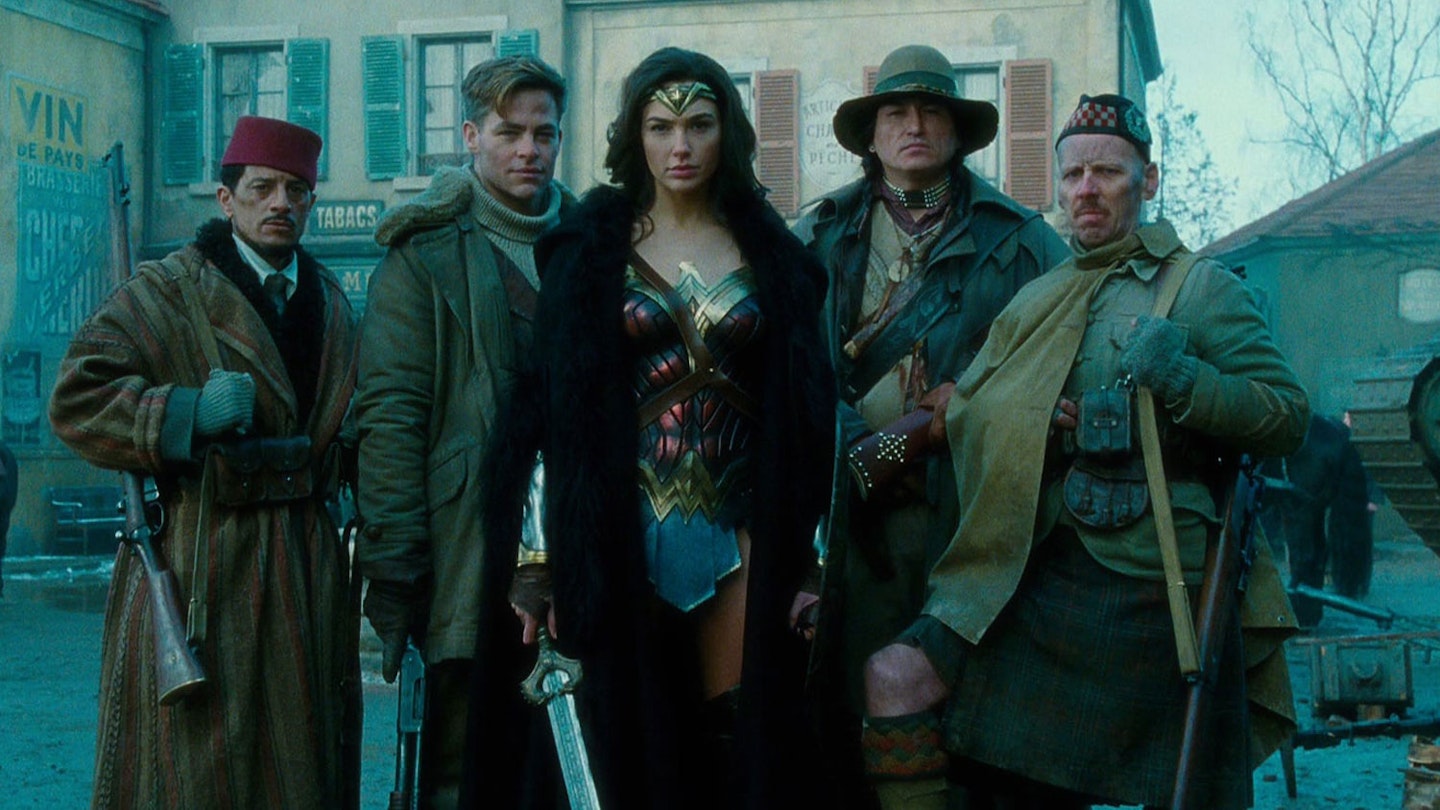
It’s, frankly, baffling that it took so long. While Marvel was already 15 films deep into its cinematic universe, the DCEU got ahead of it with Wonder Woman, the first female-fronted superhero movie of the modern era – an egregiously-overdue action-adventure that made no bones about its hero’s overt femininity, nor her immense power. Everything about the film is earnest and unashamed – its vibrant mythical setting of Themyscira, the pure heart of Gal Gadot’s Diana Prince (so much better served than she was in Batman V Superman: Dawn Of Justice), the slow-burning relationship with Chris Pine’s ridiculously-monikered Steve Trevor. While it’s a necessary step forward for the genre, Wonder Woman is also pleasingly old-fashioned, from its considered pacing to its serial-inspired action-adventure tone. Of course, the real wonder woman is director Patty Jenkins – the acclaimed filmmaker who proved the unlikely but ideal choice to tell this story. She crafted a film that’s truly for everyone – but that catered directly to a female audience so vastly underserved on the blockbuster scale. Bring on WW 1984.
32. Avengers Assemble (2012)
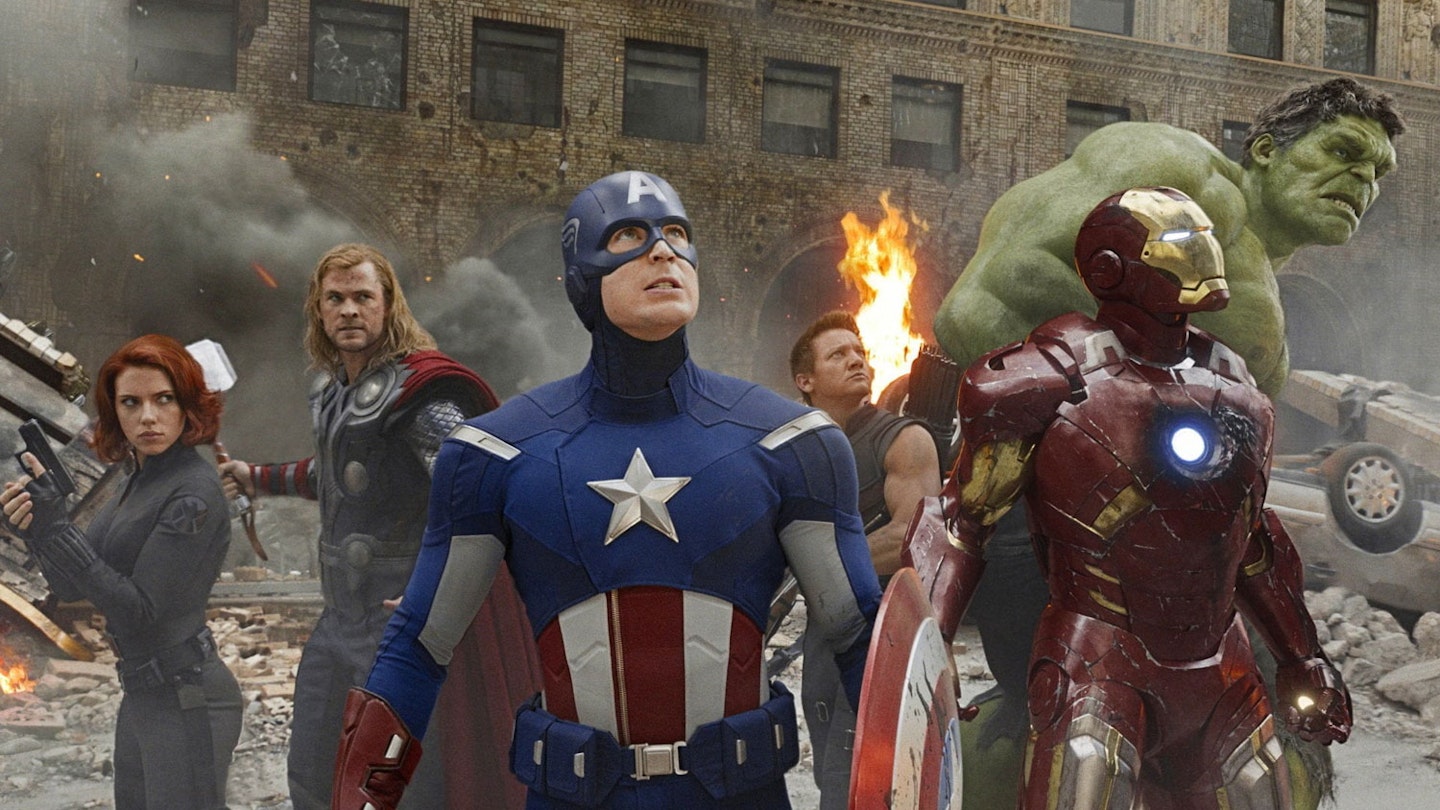
It all seemed like a pipe dream in the Iron Man days. And then, four years later there it was – an Avengers movie that united Tony Stark with Captain America, Thor, Hulk, Hawkeye, and Black Widow, batting Loki and punching Chitauri aliens, all orchestrated by writer-director Joss Whedon. What a world. It seems almost quaint post-Endgame, but it was almost unthinkable back then that one film could juggle so many central characters. Having wrangled ensembles on TV for decades, Whedon navigated the tangle with ease – delivering a pulpy, colourful blockbuster with a sense of levity that sat directly at odds with The Dark Knight Rises, released in the same summer. In tying the then-nascent Marvel Cinematic Universe into a lucrative, narratively-satisfying crossover event, it changed the blockbuster model for good (and evil) – and while the MCU only got bigger from that point onwards, it still resonates as an astonishing achievement and a rollocking good time. Hook those multi-hero tracking shots into our veins, Captain America-style!
Buy now on Amazon.
31. Amélie (2001)
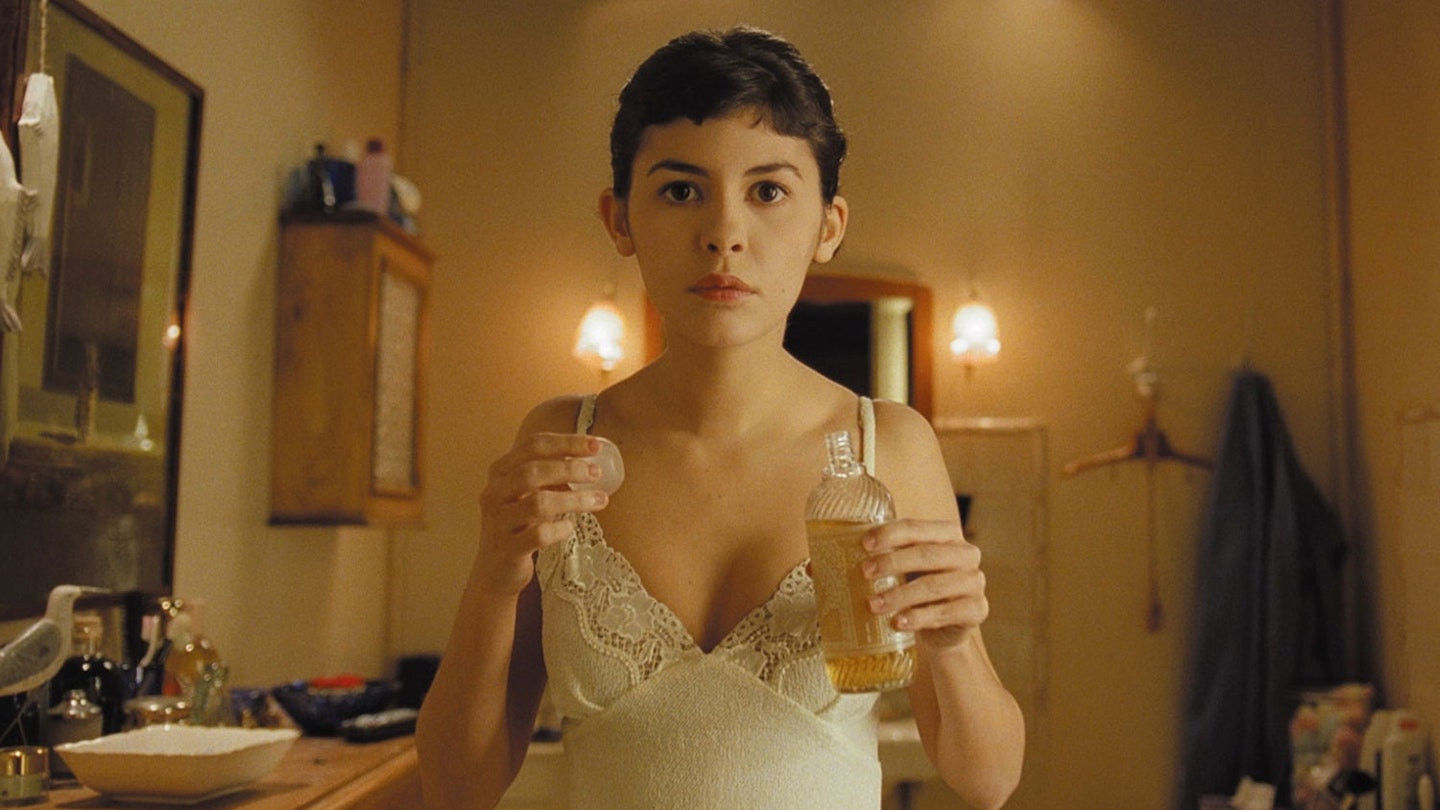
Jean-Pierre Jeunet’s fourth feature – his second as a solo artist divorced from Marc Caro – saw him ditch the darkness of Delicatessen, The City of Lost Children and Alien: Resurrection, and step out into the glorious sunshine of Amelie’s whimsical fantasy Paris. It’s possible to read the film as being centred on a crazed stalker: Audrey Tatou’s monomaniacal title character relentlessly pursuing the hapless Matthieu Kassovitz around a hallucinatory Montmartre (which attracted some justifiable criticism for its overwhelming whiteness). But its place on the list reflects that the film’s spirit remains as intended: a sweet, nostalgic, sentimental, gloriously summery comedy romance playing out amidst Jeunet’s extraordinary design aesthetic and regular rep company (including Dominique Pinon, Ticky Holgado and Rufus). Among its long list of incidental pleasures are Amélie’s own lists of things she likes and dislikes, an idea expanded from Jeunet’s equally wonderful 1989 short film Foutaises.
